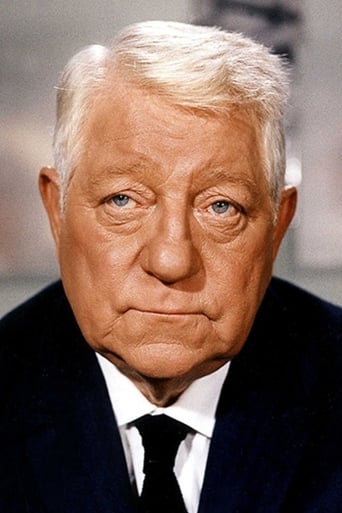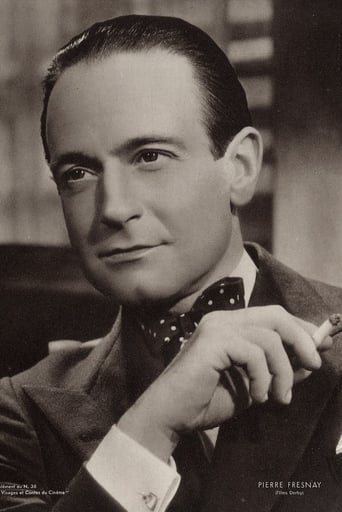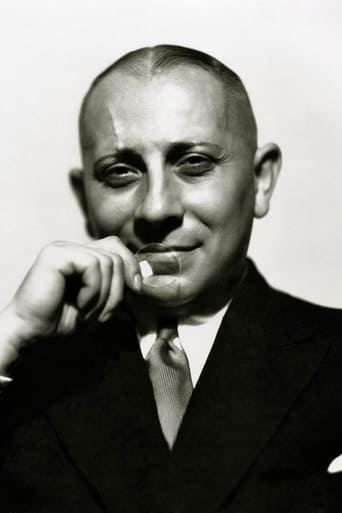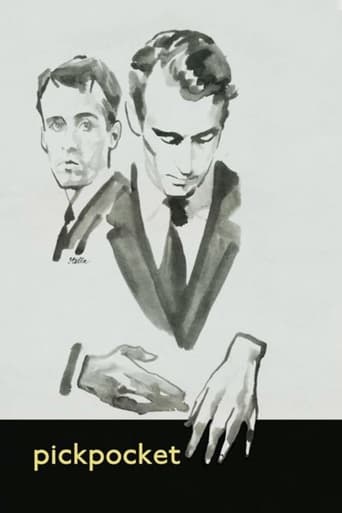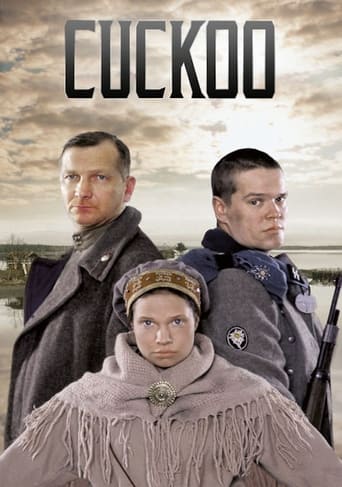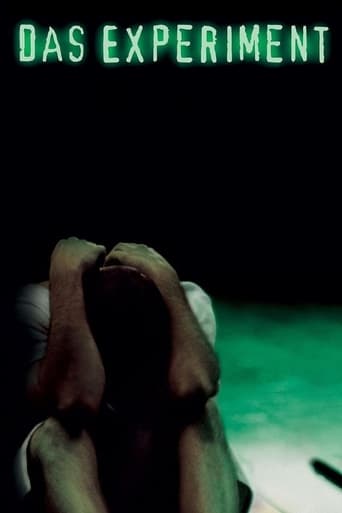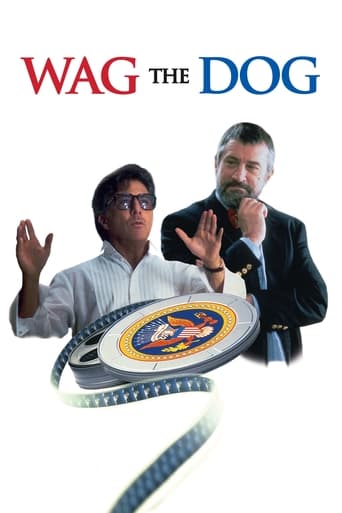
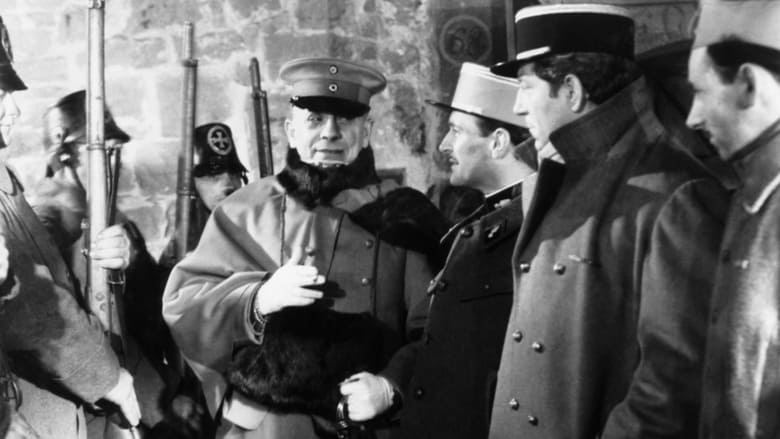
Grand Illusion (1937)
A group of French soldiers, including the patrician Captain de Boeldieu and the working-class Lieutenant Maréchal, grapple with their own class differences after being captured and held in a World War I German prison camp. When the men are transferred to a high-security fortress, they must concoct a plan to escape beneath the watchful eye of aristocratic German officer von Rauffenstein, who has formed an unexpected bond with de Boeldieu.
Watch Trailer
Cast
Similar titles

Reviews
Best movie ever!
Awesome Movie
It’s not bad or unwatchable but despite the amplitude of the spectacle, the end result is underwhelming.
Great story, amazing characters, superb action, enthralling cinematography. Yes, this is something I am glad I spent money on.
While some say The Rules of the Game is Jean Renoir's best film, I say it's La Grande Illusion. A war film without the war manages to be the most poignant reflection on World War I ever made with some of the most humanistic and engaging performances ever captured on film, perfectly pacing and just the right amount of sentiment and pathos.The vast majority of the film follows two French aviators and their ordeals in a series of German POW camps after being shot down. This is a pivotal filmmaking decision as it strips all the false glory out of war and only leaves us with its ugly aftermath. There are no combat scenes, just men trying to escape and reacting to news of the war. In the third act, the setting shifts when one of the aviators and another French prisoner escapes thanks to the sacrifice of the other aviator. They hide out in a farm on the Swiss border where the aviator falls in love with the proprietress, a war widow, but is ultimately forced to leave her behind in order to escape over the border from the German pursuit.Renoir has also been terrific at coaxing great performances out of his actors and La Grande Illusion has one of the greatest concentration of truly great performances in a movie. The legendary Jean Gabin was never better than as the passionate Maréchal while the other French aviator, de Boeldieu, is played by Pierre Fresnay in a career-best performance that excellently conveys his character's aristocratic grace. The best performance of all is probably by the great director and actor Erich von Stroheim as the German officer von Rauffenstein. De Boeldieu and von Rauffenstein bond over the course of the film due to their shared background and attitudes towards the world. Fresnay and Stroheim have excellent repertoire with one another, helping make the moment when von Rauffenstein must kill de Boeldieu, who is sacrificing himself to buy time for Maréchal and another prisoner to escape, almost unbearably tragic. I would be remiss if I also didn't take the time to single out Marcel Dalio and Dita Parlo among the supporting cast, as they also give excellent performances as a French prisoner of Jewish descent named Rosenthal and the widowed German farmer respectively.This terrific cast is supported by Renoir's steady direction and writing. The film moves along at a brisk pace while at the same time knowing the right moments to stop and go into things more in depth. Renoir's camera-work is also fantastic as well, displaying his trademark deep focus cinematography, which makes the settings of the film, such as the Château du Haut-Knigsbourg and the Alps, come alive on screen.Renoir manages to imbue the film with a great sense of humanism, making it staunchly pro-war without coming across as didactic. All nationalities and social classes come across as human; no one is vilified which helps make the film's appeal more universal rather than being limited to those of a specific country or socioeconomic background. There is no great diatribe against the war. Instead it can all be summed up by the film's closing line, spoken by a German soldier as Maréchal and Rosenthal escape across the border: "All the better for them!"
That seems to me, the appropriate translation for the french title. MOst reviewers appear to think, that the depicted life in a German prison camp for officers shows the real thing. Of course not! Therefore, the film seems to me more of a fairy tale -depicting, on purpose, the romanticized view of the general public in the 1930 's of such a place. An ironic fairy tale, that is. Hence the title: La Grande Illusion.The horrors of the First World War seem too heavy to be treated as a feel good comedy, with only a title as a reference to something else. Maybe this review is influenced by the viewing of WEstfront 1918 by WG Pabst, one week earlier. That film depicts the real war, in the trenches.
Don't get me wrong, I love this film, but I don't see it being one of the greatest films of all time. It was pretty hard to watch and get through. It's not the fact that it was made in 1937 by French director Jean Renoir for a French speaking audience, and I can't relate to the film due to its aged and language. It's the fact that the film's themes put me in odds and the editing was just horrible. It's not the director or the editor at the time fault. It was World War 2's fault. For many years, the original nitrate film negative was thought to have been lost in an Allied air raid in 1942. Then, it was revealed that the original negative had been shipped to Berlin during the Nazis control of France due to the ban of the film during WWII. Then in Cold War, Berlin in 1945, the film was controlled by the Soviet's zone and consequently shipped along with many other films to Moscow. The negative was returned to France in the 1960s, but sat unidentified in storage for years. In the early 1990's, it was found, restored, and re-released in the United States in 1999. Overall, watching the badly damage film getting restored was a blessing, but it didn't make the film any better. Probably in pre-World War 2, the film was pretty amazing, but after World War 2, this film feels like a long lost puzzle just put together, with a few of the original pieces missing. It just doesn't have that same grandeur. La Grande Illusion is about a small group of French officers who are captured during World War I and are plotting an escape from a German prison camp. The title of the film comes from the book, The Great Illusion by British economist Norman Angell, which argued that war was futile and pointless. One thing, I do love about this movie is that there is no all-good and all-bad type characters in this film. The Germans were portrayed in a mostly positive light, and not like negative evil madmen like other war films do. Elsa (Dita Parlo) had a very powerful scene about talking about how big the table is, now. It really hit you, when you see how the toll of the war has cause this woman, so much pain. Erich von Stroheim as Captain von Raufeenstein, the warden of the prison had great acting. You can tell through his acting that the character felt pain, not only because of what happen to his body, but also to what is happening in the world. The French characters like aristocratic Captain De Boeldieu (Pierre Fresnay), working-class Lieutenant Maréchal (Jean Gabin) and Wealthy Jew, Rosenthal (Marcel Dalio) were all great in their roles. The film was generously humanistic to its character of various nationalities. Still, the movie has this odd tell rather than show moments. There is a scene in the beginning, where De Boeldieu and Marechal are going to do an air reconnaissance before captured, and a minute later, they are sitting down with Captain von Rauffenstein for dinner, captured. Where is the scene where they get shot down? They talk about it, but we, the audience don't see it. It was a bad jump cut. Even in the meal scene, the music cuts off pretty oddly to show people do die in this war, as symbolism by the funeral wreath, but still it's awkwardly cut. There are hundreds of badly made cuts in this film. Then, there was a vaudeville-type performance that was pretty weird, that remind me of 1963's Great Escape and 1953's Stalag 17 type humor. I do like the 'LA Marseillaise' scene that remind me of 1942's Casablanca. Still, most of the film felt like watching Hogan Heroes, then a real life movie about prison camps. The different between Great Escape, Stalag 17 and this movie is that this movie fails to make the prisoner-of-war camp look a place, you want to escape. Yes, the guards here were kinda mean, but in no ways, brutal like other two films. The prisoners were living in a castle, no less, better off, then the soldiers living in the trenches at the time. The film loves to say that there is a language barrier between the characters, but throughout the film, the characters understood each other more than I did, watching. The movies go quickly with the French, German, Russian and English dialogue, it does get confusing. The English seem out of place. There is a scene where Boeldieu and Von Rauffenstein spoke English for some odd reason. When did this English speaking came from in the film? I don't know how Maréchal is unable to pass word of the tunnel to an incoming British prisoner, when Boeldieu speak English. Boeldieu and von Rauffenstein, are aristocrats represented as cosmopolitan men, educated in many cultures and conversant in several languages. In true life actor Erich von Stroheim didn't speak a word of German. The film would be easier for the audience to understand if they stick with just French. Indeed, watch the film with sub-titles. You need them. I do like the message that critique the romantic idealization of duty, by showing how the aristocrat old order of European civilization has died in this war. I love the symbolism of the flower in the prison. I do like how the movie fights against the anti-Jewish campaign enacted by Adolf Hitler's government at the time, by making Rosenthal looks like a good man. Overall, this film does one thing right, it shows a realistic interpretation of the relationships of soldiers fighting a politician's war. That is why it's one of the great movies of all time.
Released in 1937, Jean Renoir's Grand Illusion remains one of the most revered films of all time seventy five years onward. The story of a group of working class Francophones trying to escape imprisonment during the First World War, the picture has been praised both for its exceptional acting and craft and its driving humanist, anti-war themes. As someone taking in this Renoir classic for the first time, I can attest that the film holds up very well.Grand Illusion follows a company of working class French men imprisoned in a German POW camp during World War I. Amongst them the proletariat Parisian Marechal (Jean Gabin), the French Jew Rosenthal (Marcel Dalio), and a nameless engineer (Gaston Modot) - they are distinct from one another but share an understanding of the futility of the war they're fighting and a desire to escape. This futility is exemplified through the interactions between the Captain of the men, De Boeldieu (Pierre Fresnay), and the head of the German POW camp, Von Rauffenstein (Eric Von Stroheim), who are both aristocrats and share more common ground than the respective lower class men they represent.All of the elements of the film are at a higher tier of quality: the dialogue eloquently written, the performances subtle, the camera movements elegant (Renoir's camera has a way of artfully manoeuvring around rooms and dinner tables, following important characters as they talk and keep the plot moving forward). What truly makes Grand Illusion great though is not these formal elements but the larger statement they are in service of. Renoir was a writer with something to say, and from the scene where the French soldiers band together to put on a talent show to the final sequence where Marechal and Rosenthal are kindly taken in by a young German widow, he drives home his theme of the futility of war by highlighting the common humanity of people.In conclusion, Grand Illusion has aged remarkably well and remains one of the cinema's great masterpieces. Tied with Rules of the Game, it is Renoir's greatest work, and a must-see for anyone with a passing interest in cinema. It's a perfect example of what quality filmmaking is: high artistry in all compartments at the service of a simple but driving truth, in this case the "grand illusion" that war is something worth pursuing.
